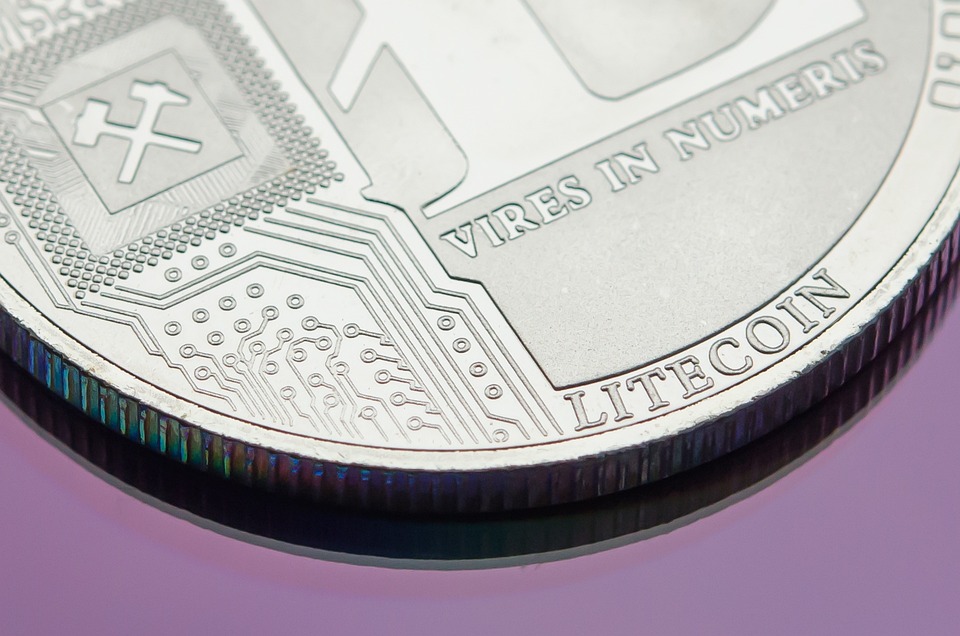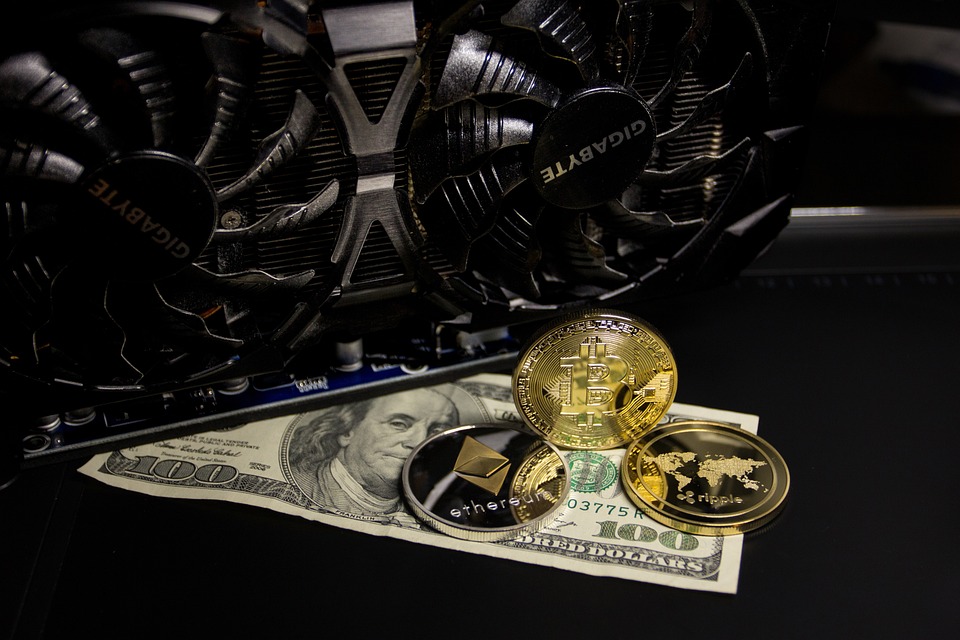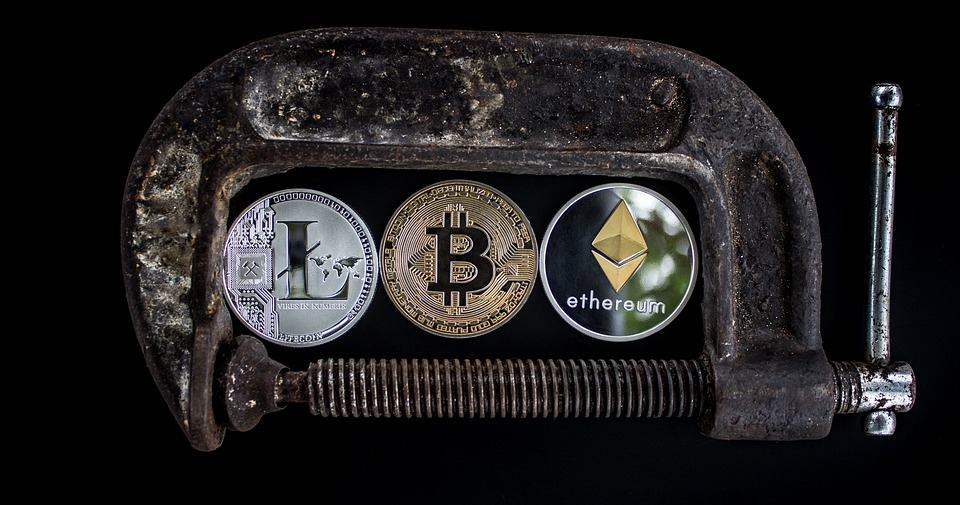In recent years, the world of cryptocurrency has exploded in popularity, with Bitcoin leading the charge as the most well-known and widely-used digital currency. However, Bitcoin is just one of thousands of cryptocurrencies available on the market, with many others often referred to as “altcoins.” For beginners looking to delve into the world of cryptocurrencies, understanding altcoins can be a daunting task. So, what exactly are altcoins, and how do they differ from Bitcoin?
Simply put, altcoins are any cryptocurrency that is not Bitcoin. While Bitcoin was the first cryptocurrency to be created in 2009, altcoins have since been developed to offer different features, functionalities, and use cases. Some altcoins are designed to improve upon Bitcoin’s shortcomings, such as scalability, transaction speed, and privacy. Others are created for specific industries or purposes, such as decentralized finance (DeFi), gaming, or social media platforms.
There are a wide variety of altcoins available on the market, with some of the most well-known ones including Ethereum, Litecoin, Ripple, and Dogecoin. Each altcoin operates on its own blockchain technology, which is a decentralized and distributed ledger that records all transactions and data in a secure and transparent manner. This technology ensures that transactions cannot be altered or tampered with, providing a level of trust and security that is often lacking in traditional financial systems.
For beginners looking to invest in altcoins, there are a few key factors to consider. Firstly, it is important to research and understand the specific features and use cases of the altcoin you are interested in. Some altcoins may have unique features that differentiate them from other cryptocurrencies, while others may offer similar functionalities to Bitcoin but with a different approach. Additionally, it is important to consider factors such as market capitalization, trading volume, and liquidity when choosing which altcoins to invest in.
Another important factor to consider when investing in altcoins is the level of risk involved. While some altcoins have shown significant growth and potential for profit, others may be more volatile and risky investments. It is important to carefully assess your risk tolerance and investment goals before diving into the world of altcoins.
In conclusion, altcoins are a diverse and rapidly evolving sector of the cryptocurrency market that offers a wide range of opportunities for investors. By understanding the unique features and functionalities of different altcoins, as well as assessing the level of risk involved, beginners can make informed decisions when it comes to investing in these digital assets. With the right research and guidance, unraveling the mystery of altcoins can become a rewarding and profitable endeavor for those looking to explore the world of cryptocurrencies.




